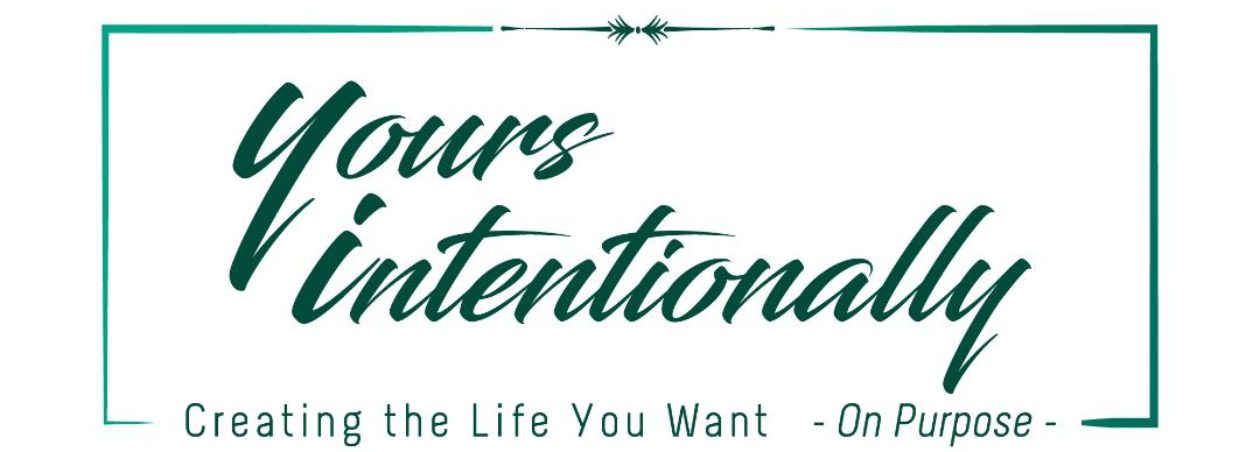Though I’m not a marriage expert, I’m in a great marriage and learning along the way. (This month, Tom and I will celebrate our 12th wedding anniversary!) One might consider me an expert in communications since I do have a degree in it and have spent the

majority of my professional career working in that particular field; however, I admit to still having much to learn. Putting these 2 things together – marriage and communication – I want to offer you 4 tips to excellent communication in marriage (or other relationships).
But first, a quick story
The other day, Tom received some disheartening news. He shared it with me when I got home from work. It was disheartening for me to hear as well. We both experienced a myriad of emotions upon learning the news and both needed to process it and work through it.
The ‘what’ doesn’t matter here, but it’s important to note that the news wasn’t the kind that would cause a fight or argument; it was simply the kind that required common understanding and decisions about next steps.
We sat through a quiet dinner in which our daughters carried the conversation between themselves while we continued our own internal processing.
After dinner, we were ready to talk. We sat down and began working through what we were thinking and feeling. That lasted 2 full hours. Through it, we came to a place of contentment and peace, and in the end, we both felt better.
Upon reflection, I was able to see what we did well in those 2 hours that led to a positive resolution of our feelings, though the news hadn’t changed.
Here’s what we did and what you can do, too, in your own relationships:
1) Hear each other out.
The process of open communication is one that can’t be rushed. It’s important to allow time for each person to talk and express their feelings. Get it all out; don’t hold back. And, when one person is sharing, it’s critical that the other:
- Doesn’t interrupt
- Doesn’t judge the statements or emotions
- Doesn’t minimize or negate the other person’s emotions
In our situation, we had a lot of statements like: “What about this…” “Hear me out…” and “What if…” Our ability to listen without interruption, without judgement, and without minimizing the other’s ideas and suggestions was so important. Had we done those things, I’m sure we would have caused the conversation to shut down, and we wouldn’t have had the productive 2 hours together.
2) Listen to understand.
Not only should you hear what the other is saying, you also should listen for understanding. Tom and I do a fair job of asking one another follow-up questions, so we’re sure we know where the other is coming from and what was truly meant. For example, questions such as “What do you mean by that?” or a simple “Go on…” These allow the other person to continue to explore their thought, to go deeper into what they mean and what they’re trying to convey, and to really get to the heart of the matter or to their true emotions.
Seek first to understand, then to be understood.
-Stephen Covey
Tom and I attended a marriage seminar once in which the presenters required the audience to work through several communication exercises. When one spouse finished explaining how they felt about a certain situation using “I” statements (e.g., “When X happens, I feel…”), the other person was coached to simply say, “Is there more you want to say about that?” In doing so, the first person was able to further explain his/her feelings or statements, and the second person was kept from jumping into the conversation with his/her own feelings, rebuttals, or retorts.
It was fascinating! The conversations went so much deeper and had much more clarity into why the person was saying certain things and feeling a certain way. What a great tool! It allows for much greater connection, and also allows for listening to understand what is on the other’s heart.
3) Be present.
This phrase is mentioned a lot these days in relation to mindfulness because of the busy, distracted world we live in. But in this case, I simply mean: Provide undivided attention to the other person and to the conversation at hand. Be fully there. Avoid distractions and outside interruptions.
When Tom and I had our 2-hour conversation, our kids played downstairs in the basement. We had no background noise (no Sirius XM or Netflix). And our cell phones were nowhere in sight (I know, unheard of, right?). We had each other’s undivided attention for 2 full hours.
4) Say what you mean and mean what you say.
A huge part of good communication is honesty. Honesty with yourself and the other person is so critical. Therefore, you must say what you mean and mean what you say.
This is not the time to be vague or to imply one thing but mean another. You have to be as clear as you can about what you need, want, and feel. Make your desires known. Ensure you are both on the same page, and if not, see how you can work towards more common ground. You can’t be afraid to address the hard stuff. You can’t dance or tiptoe around it; it needs to be hit head on and addressed if you want to successfully work through it.
Resolution
Work through it, we did. And I’m thankful for our willingness to have that kind of dialogue with one another.
I recognize that not all personalities want to “talk things out.” But communication is something that can make or break the marriage relationship. If and when at all possible, I encourage you and your spouse to work towards more open, honest communication and towards more sharing of emotions. If you or your spouse need help with this, maybe consider counseling (you know I’m a fan!), or consider marriage seminars like the one I mentioned in which you can receive the tools and training to do it better.
What about you?
Is communication something you and your significant other do well? Is it something you’ve committed to intentionally work on together? What additional advice or tips for communication in marriage would you offer? I always enjoy hearing from you.
Yours intentionally, Amanda


Communication is the key to a healthy relationship.
Totally agree!
These are excellent tips, Amanda! Honest, open communication is definitely so important in a healthy relationship. I love the follow up questions you mentioned.
Thanks, Jeanette! Appreciate you reading! You won’t believe how those questions can make you feel so much closer and connected if you put them into practice. They absolutely work!
Great tips! Thanks for opening your heart up about your own personal marriage and what works for you and Tom! 😊♥️
Thanks, Kara! Thanks for taking the time to read it!
I don’t do these well sometimes. It’s good to get a reminder.
We’re all a work in progress, Heath. Thanks for reading!
Great post! I know a lot of couples who struggle in their marriage and most of the time it comes down to poor communication. Thankfully, communication is a strong skill within my husband and I’s marriage.
So true, Alisha, communication is key to a good marriage. I’m so glad you and your husband do well in that area. 🙂
Very interesting subject. Thanks for posting.
Hey there! This is my 1st comment here so I just wanted to give a quick shout out and say I genuinely loved enjoy reading your posts. Thank you!